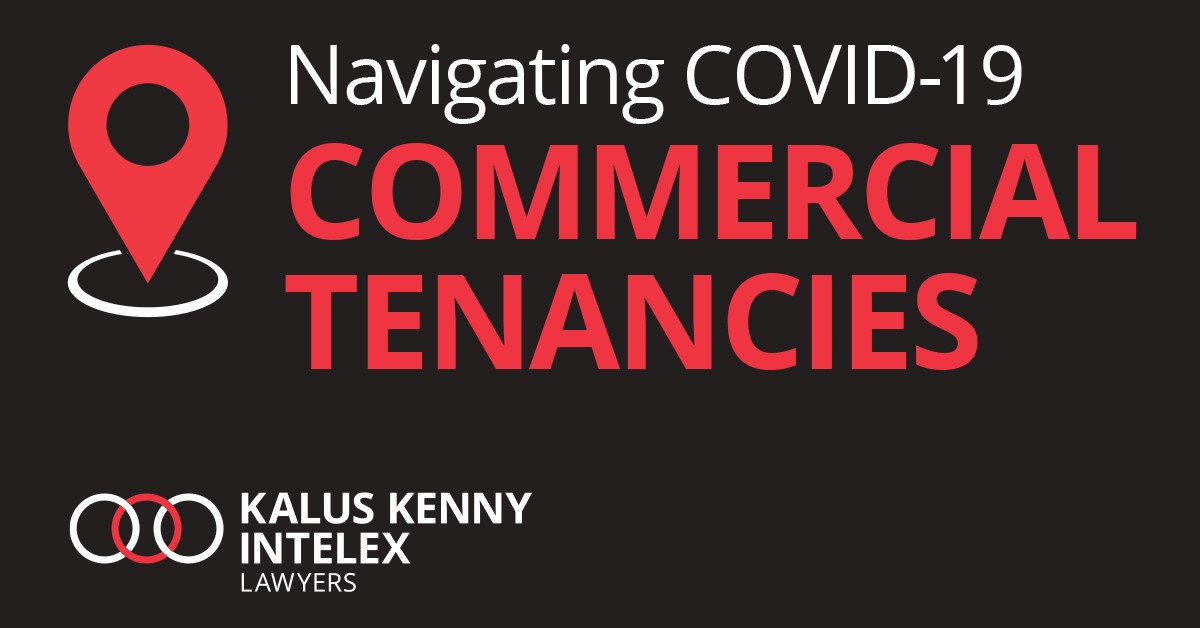One of the most frequently asked questions by both tenants and landlords concerns the type of information which should be provided by a tenant as part of a request for rent relief. There has been much confusion and concern as to what information is reasonable and appropriate to provide and what information should not be provided.
Tenants have expressed concerns about being required to provide financially sensitive information about their business (eg. turnover figures, profit and loss, even asset and liability statements have been requested) to the landlord and whether or not such information will be kept confidential by the landlord. Similarly landlords who are expected to make considered decisions about granting rent relief for tenants for the relevant period, have until now had very little guidance about the type of information a landlord can reasonably request from their tenant.
We now have some answers on this very contentious issue. The Victorian Small Business Commission, which will be responsible for mediating any landlord and tenant disputes which arise in respect of rent relief requests, has now published a comprehensive frequently asked questions guideline on the operation of the COVID-19 Omnibus (Emergency Measures) (Commercial Leases and Licences) Regulations 2020 (Vic) (“FAQ Guidelines”). It was foreshadowed several weeks ago that such a guideline was forthcoming. The FAQ Guidelines provide answers to a number of questions being asked by landlords and tenants.
In particular, the FAQ Guidelines state that a landlord can ask the tenant for the following turnover information:
- Extracted from an accounting system.
- Extracted from BAS.
- Provided to a financial institution.
The FAQ Guidelines also address what turnover information is not appropriate for a landlord to request. The FAQ Guidelines state that a landlord should not:
- Request future cash flow projections.
- Request balance sheets, profits and loss or year to date financials.
- Request the tenant’s bank balance.
- Require the financial information to be verified, examined, assured, audited or provided by a third party such as an accountant.
- Require an accountant to provide a letter of comfort or similar on the financial information.
This provides helpful guidance for both landlords and tenants as to what information must be provided.
Of course this does not mean that a tenant should not provide additional information to a landlord to assist the landlord to properly understand the impact of COVID-19 on the tenant. After all, the Regulations require that all of the circumstances of the Lease are to be taken into account by the landlord in offering rent relief. And within the parameters of the Regulations, there is a negotiation to be had. Any additional information to be provided to landlords in respect of rent relief requests should be assessed on a case by case basis.
And what remains unanswered is the information that can be required from a Landlord, whether in respect of land tax relief or capacity to absorb, noting that the Code speaks of ‘transparency’ and ‘sharing of the burden’.
The Property Team at Kalus Kenny Intelex is helping many landlords and tenants through this process.





